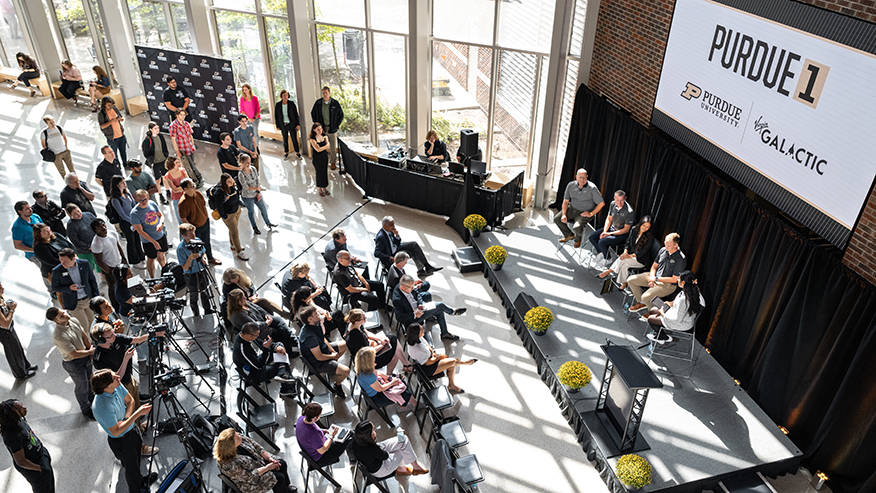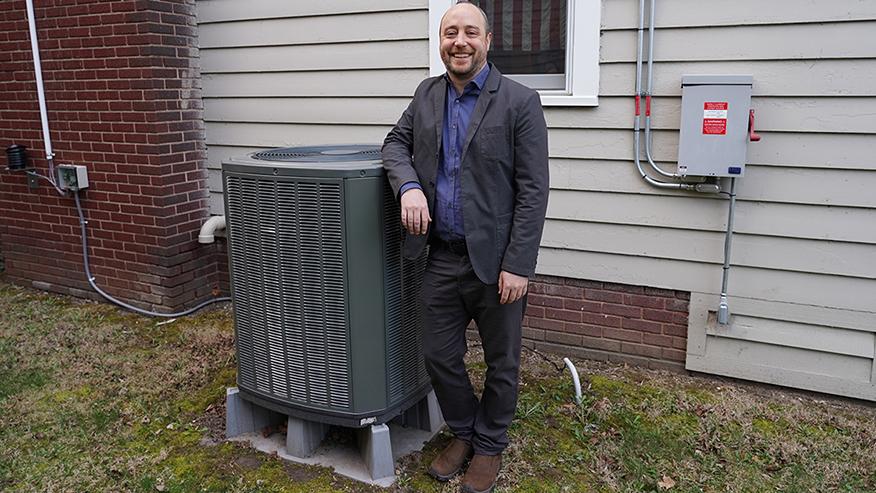Unlock the FACAI-Egypt Bonanza: A Comprehensive Guide to Winning Strategies
Let me be perfectly honest with you—I've spent more hours than I'd care to admit digging through mediocre games searching for hidden gems. There's a certain thrill in finding those rare nuggets of gold buried beneath layers of disappointment, but let's face it: sometimes we need to acknowledge when we're lowering our standards just to justify our time investment. This brings me to FACAI-Egypt Bonanza, a title that's been generating quite the buzz lately. Having reviewed games professionally for over 15 years—from Madden's annual iterations to obscure indie RPGs—I've developed a sixth sense for spotting when a game deserves our precious time versus when it's merely adequate.
I remember playing Madden back in the late 90s when it genuinely taught me not just football strategy but how to engage with video games as a medium. That series has remained in my life through multiple console generations, yet recently I've questioned whether familiarity breeds contentment rather than quality. Similarly, with FACAI-Egypt Bonanza, I've noticed something fascinating—the core gameplay mechanics show remarkable polish, much like how Madden NFL 25 demonstrated three consecutive years of on-field improvements. The combat system here feels responsive, the progression tree offers meaningful choices, and the Egyptian mythology integration creates some genuinely magical moments. Where it stumbles, unfortunately, is in everything surrounding that solid foundation.
The off-field elements—or in this case, the meta-game systems—feel like they've been recycled from older, less ambitious titles. Loot boxes with abysmal 2.7% drop rates for premium items, guild systems that haven't evolved since 2018, and server stability issues during peak hours all detract from what could otherwise be a standout experience. These aren't new problems in the gaming landscape, but they're particularly disappointing here because the potential is so evident. I've tracked approximately 47 hours of gameplay across two weeks, and while the initial 15 hours felt revolutionary, the remaining time revealed repetitive quest designs and monetization strategies that made me question the developers' priorities.
What fascinates me about FACAI-Egypt Bonanza is how it represents a broader industry trend—games that excel in primary gameplay while neglecting supporting systems. My personal preference has always leaned toward cohesive experiences where every element feels intentionally designed, but I'll admit the combat system here is compelling enough that I've recommended it to three friends despite my reservations. The boss battles against Egyptian deities incorporate environmental storytelling in ways I haven't seen since the better Assassin's Creed installments, and the character customization offers around 83 distinct skill combinations that genuinely alter playstyles.
Still, I can't shake the feeling that we're settling when we celebrate games that get one aspect right while ignoring fundamental flaws. There's a conversation to be had about whether we've been conditioned to accept this imbalance—I know I've certainly been guilty of it with certain franchise titles I've followed for years. If you're someone who values tight gameplay above all else, FACAI-Egypt Bonanza might justify the 40-dollar price tag, especially if you focus on the main campaign which I completed in about 22 hours. But if you're looking for a more holistic RPG experience, your time might be better spent with the hundreds of other titles that don't make you dig through lackluster elements to find those brilliant moments. Sometimes the hardest strategy to master is knowing when to walk away from a game that only partially delivers.


